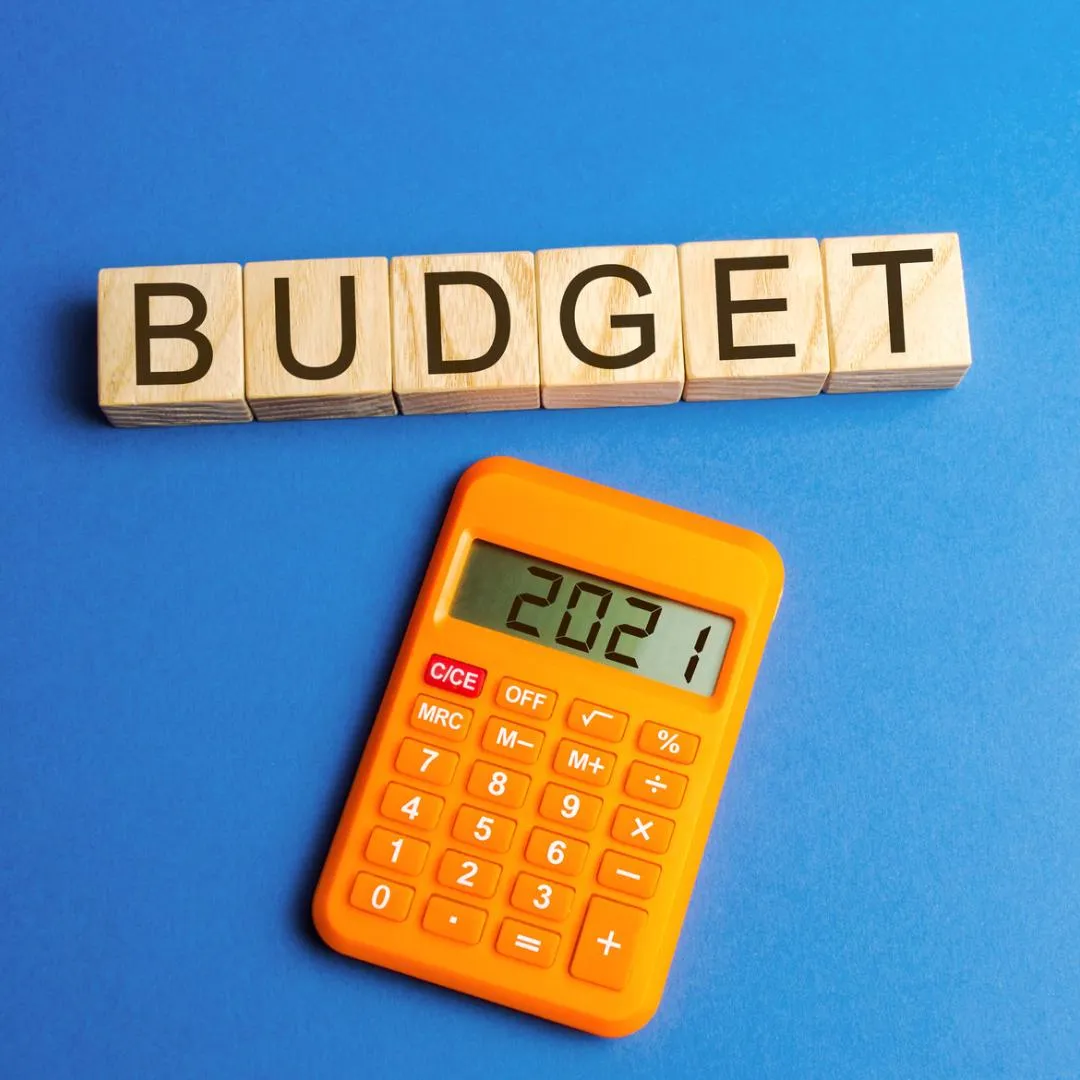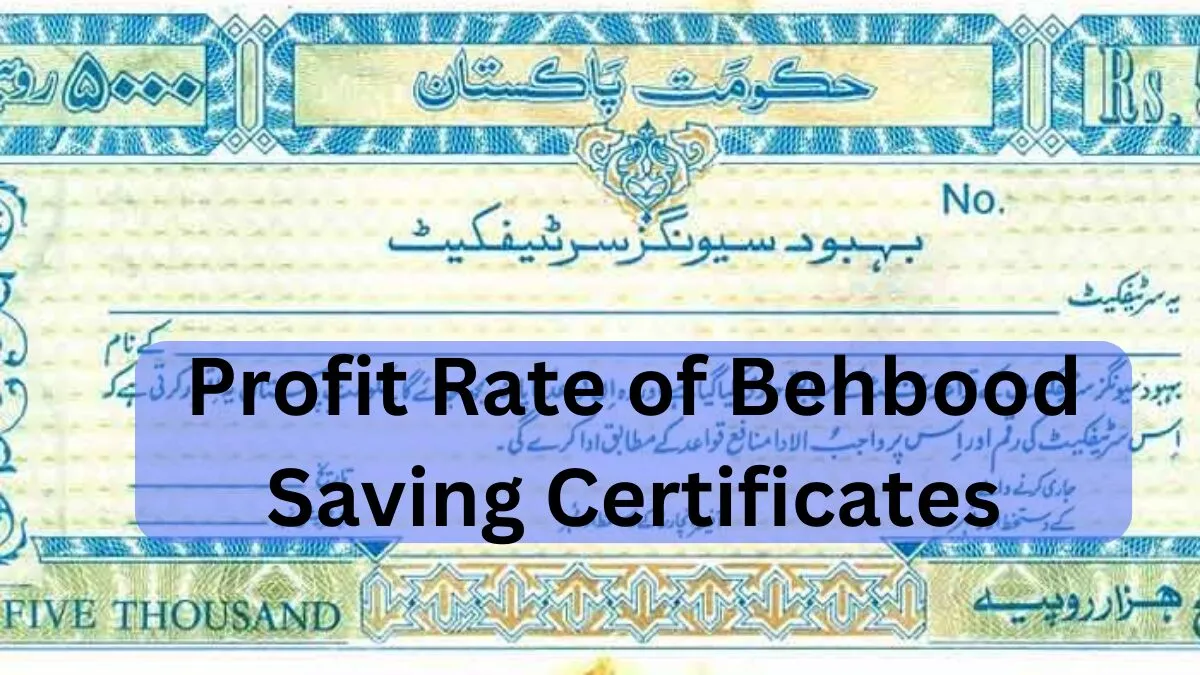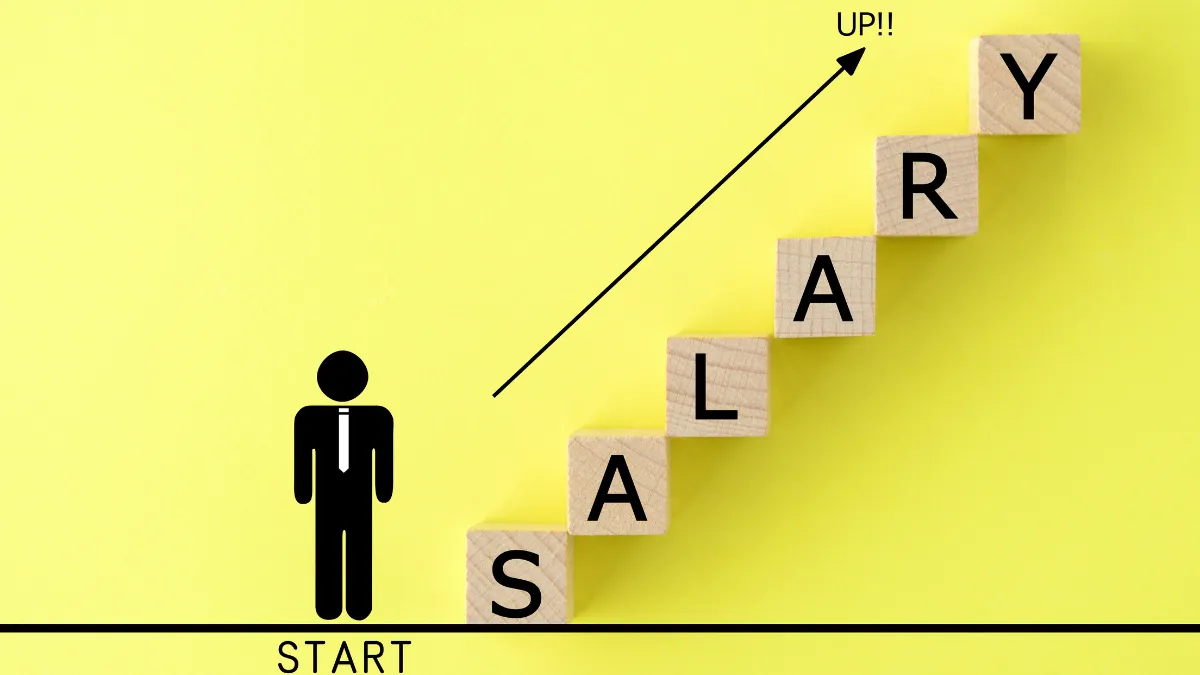The government of Pakistan completed the mini-budget to the tune of Rs 360 billion that would smack 17% General Sales Tax (GST) on around 140 vital expendable and manufacturing goods, as well as growing the income tax rates on phone calls by 50%.
Adviser to the Prime Minister on Finance Shaukat Tarin shared the plan, which once accepted by assembly, would make everything costly.
The rates of products, including cereals, milk, bakery items, chicken, meat, gold, bicycles, cars comprising electric cars, mobile phones will increase, unchecking additional wave of increase in the country.
Moreover, in an offer to incompletely counterbalance the influence of the mini-budget, a funding plan of Rs 41 billion has also been arranged. However, it is improbable to alleviate its full impact.
Inflation hopped to 11.5% the previous month and the State Bank of Pakistan has also mounting adjusted its increase forecast to the range of 9 to 11% for the present fiscal year.
The government is also in the procedure of retreating electricity grants.
Meanwhile, Prime Minister Imran Khan considers that Pakistan is the inexpensive country in the world, a comment that is conflicting with the ground reality.
As per a World Bank report, the rate of inflation is the greatest in the country among all the South Asian countries.
It was the main inclusive update that Tarin got on the mini-budget that has been settled between Pakistan and the International Monetary Fund (IMF) as part of pre-conditions for the revitalization of the delayed $6 billion bailout programme.
FBRChairman Dr Mohammad Ashfaq presented the update to Tarin.
Additionally, the government has decided to raise revenue tax on cellular facilities from 10% to 15% to produce revenue worth Rs 5 billion, sources told the media.
This is a fractional reversal of the lessening in the tax on phone calls in the budget.







